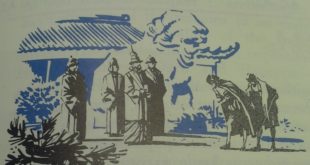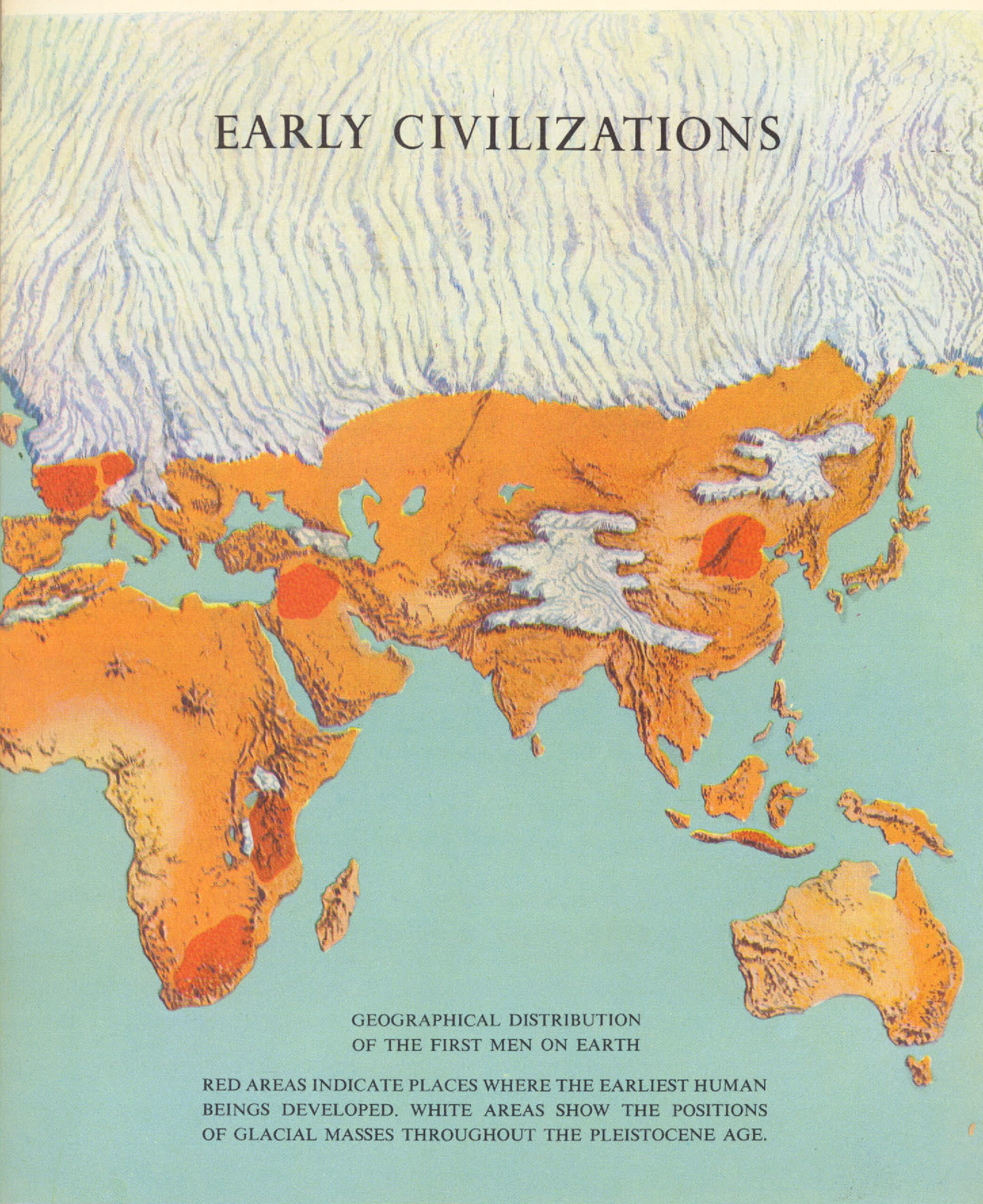In the same way that important ancient civilizations grew out of small beginnings in the valleys of the Nile, the Tigris-Euphrates and the Indus, so another great civilization of Early times — that of China — was cradled in the valley of the Yellow River. To be sure, China’s civilization did not commence as early as did Egypt’s, Mesopotamia’s, or India’s. The ancient Egyptian and the Mesopotamian kingdoms lost their power many centuries ago and early India never became completely united under one empire. China therefore has had a longer national life than any other ancient or modern state. It …
Read More »Tag Archives: Java
The Ming Dynasty Restores the Old Order A.D. 1368-1644
THE MEN who took over from the Mongols came to be known as Hung-wu, or “Vast Military Power.” Hung-wu named his dynasty ming, or “brilliant.” As things turned out, however, the Ming dynasty was not particularly brilliant. It was, in fact, humdrum compared to the Han, the T’ang, or even the Sung. Nevertheless, it gave China nearly three centuries of order, from 1368 to 1644. Hung-wu was born in a hut near Nanking in 1328. His parents soon died and the boy entered a Buddhist monastery, where he learned to read and write. His studies completed, he went out into …
Read More »The Coming of the Mongols A.D.1135-1368
IN 1135, Hangchow became the capital of the Southern Sung. Thereafter, the Sung kept an uneasy peace with their unwelcome northern neighbours, the Chin. Then, out of Mongolia came the mighty Genghis Khan, whose warriors and their descendants were to spread terror across Asia into Christian Europe and the lands of Islam. Before he died in 1227, Genghis had crushed the Hsi Hsia and all but crushed the Chin. His son, Ogodai, made a treaty with the Sung emperor, and the Sung and Mongol armies together put an end to the Chin. This alliance with a barbarian power turned out …
Read More »The Coming of Man
About 400,000 years ago, a group of people were gathered at the mouth of a cave. They had a fire in which they were roasting deer meat and around them lay the bones of monkeys, wild pigs and water buffalo from previous meals. One of the women was picking berries from the nearby bushes. A man sitting close to the fire chipped away at a broken stone he would use to cut off chunks of the cooked meat. Another man, too hungry to wait, gnawed the marrow from some bones. The cave was one of several not far from what …
Read More »


